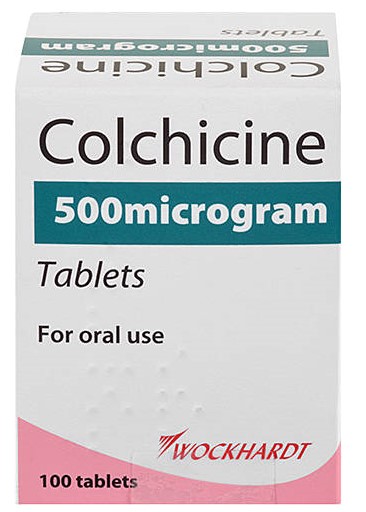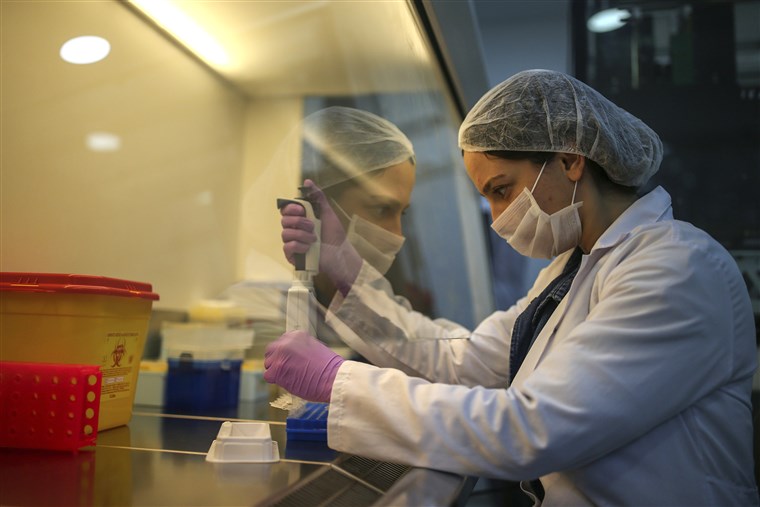The initial results from a Greek study into the benefits of the anti-inflammatory agent colchicine in treating COVID-19 are “very encouraging,” according to the scientist heading the trial.
Professor of Cardiology, Christos Stefanidis, said some of these encouraging findings include a drop in the inflammation marker CPR, as well as cardiac troponin which indicates damage to the heart.
“All of this evidence appears to point to it being a very important drug for helping coronavirus patients who are at risk from catastrophic complications, like a shutdown of the heart or lungs,” Mr Stefanadis said.

The double-blind observation study has been carried out on 120 patients over the past two weeks, with only half receiving colchicine along with their medication.
Initially designed to assess the potential benefits of colchicine on COVID-19 patients with underlying heart disease, the apparent usefulness of the drug in fighting inflammations on lungs induced by the virus has prompted the Greek team to explore that area in their study as well.
“What we know right now is that hospital patients taking colchicine are showing a statistically significant reduction in inflammation compared to those who are not, regardless of whether they have heart problems,” Mr Stefanadis said.
“For years we have known that colchicine is a very cheap anti-inflammatory medicine that helps treat pericarditis. That is how the idea of studying it for coronavirus began.”
Mr Stefanadis warned, however, that it is too soon to draw any definitive conclusions, adding that the Greek team’s findings will be sent to international medical journals to be peer-reviewed.
A similar trial with colchicine is also being carried out in Canada, where approximately 6,000 patients are receiving either colchicine or a placebo drug for 30 days.
